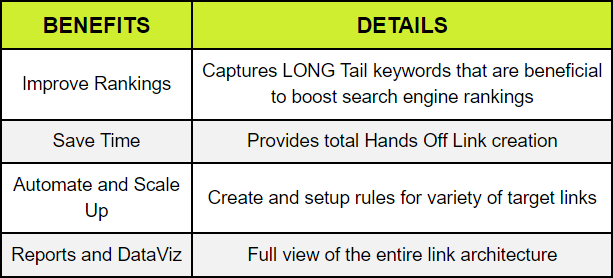Search Engine Optimization (SEO) is crucial for enhancing online visibility and driving targeted traffic to websites. With the digital landscape continuously evolving, choosing the right content management system (CMS) can significantly impact your SEO efforts. In this comparative analysis, we delve into Ghost vs WordPress SEO capabilities to determine which platform best suits your search optimization needs.
WordPress: A Comprehensive SEO Toolkit
WordPress is renowned for its extensive array of options and features, making it a favorite among bloggers and website owners. Its SEO prowess is attributed to:
- Rich Customization: With over 3,989 free themes, WordPress offers unparalleled opportunities for customization, allowing users to tailor their sites to meet specific requirements.
- Advanced SEO Tools and Plugins: Plugins like All-in-One SEO (AIOSEO) simplify the optimization process, enabling users to enhance their site’s SEO without deep technical knowledge. These tools facilitate the creation of meta descriptions, title tags, and focused keywords, along with the automatic generation of XML sitemaps and the application of appropriate schemas.
- Social Media and Google Search Console Integration: WordPress connects seamlessly with Google Search Console, improving site management and user experience. It also supports the optimization of the website’s image on social media platforms.
Ghost: Streamlined for Content and SEO
Ghost, on the other hand, focuses on content publication, email marketing, and memberships. Its SEO features include:
- Optimization Tools: Ghost provides essential tools for optimizing pages and posts, including permalinks, meta descriptions, title tags, and automatic sitemap creation.
- Canonical Tags and Multiple Authors: The platform supports canonical tags for posts and allows multiple authors to be added to a post, enhancing collaborative efforts.
- Limited Customization and Themes: With only 92 themes (15 free), Ghost offers less customization flexibility compared to WordPress. The available styling options are primarily through header style tags.
Ghost vs Wordpress: Which is better for SEO?
To provide a clearer picture, let’s compare the key SEO capabilities of both platforms:
| Feature | WordPress | Ghost |
|---|---|---|
| Themes and Customization | Over 3,989 themes (Free & Paid) | 92 themes (15 Free) |
| SEO Tools and Plugins | Extensive (e.g., AIOSEO) | Basic optimization tools |
| Content Management | Rich editing tools, widgets, plugins | Streamlined content publication |
| Integration | Google Search Console, Social Media | Google Search Console (Limited) |
| Flexibility | High customization and flexibility | Limited customization options |
| User Experience | Enhanced by various themes/plugins | Simplified, focused on content |
Conclusion: WordPress Leads in SEO Versatility
While Ghost offers a streamlined approach to content publication and basic SEO optimization, WordPress stands out for its comprehensive SEO tools, plugins, and customization options. WordPress not only facilitates a wider range of SEO strategies but also provides a more flexible environment for website development and management. Its ability to integrate with social media and Google Search Console further enhances its SEO effectiveness.
WordPress is the superior choice for those seeking to maximize their website’s SEO potential, offering robust tools and features that can significantly improve search engine rankings and drive organic, targeted traffic. Whether you’re a small business, brand, or large organization, WordPress’s SEO capabilities are designed to support your online marketing efforts and deliver a better return on investment.
Also Check: Which is better for SEO? ( PDF vs HTML )

